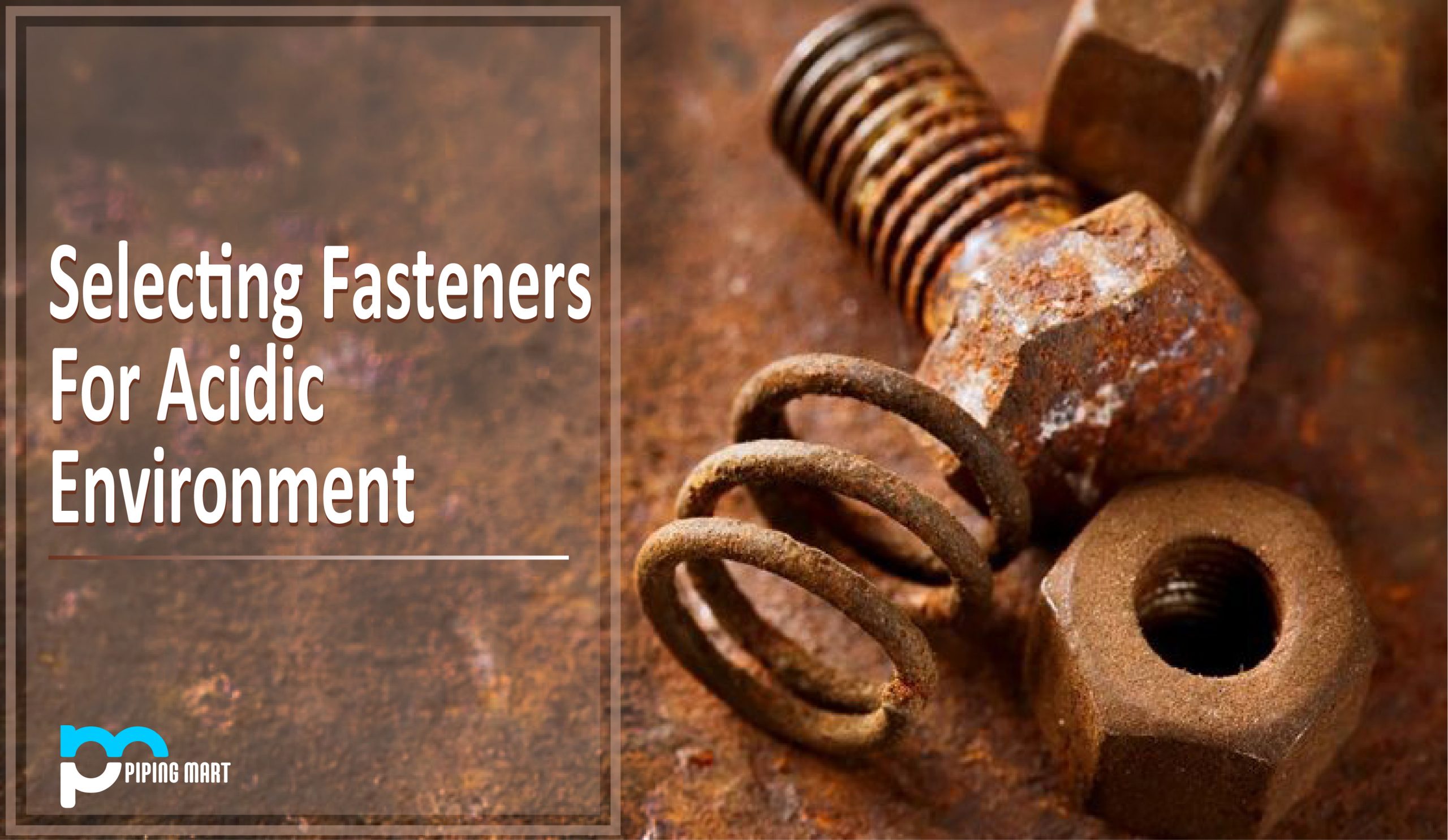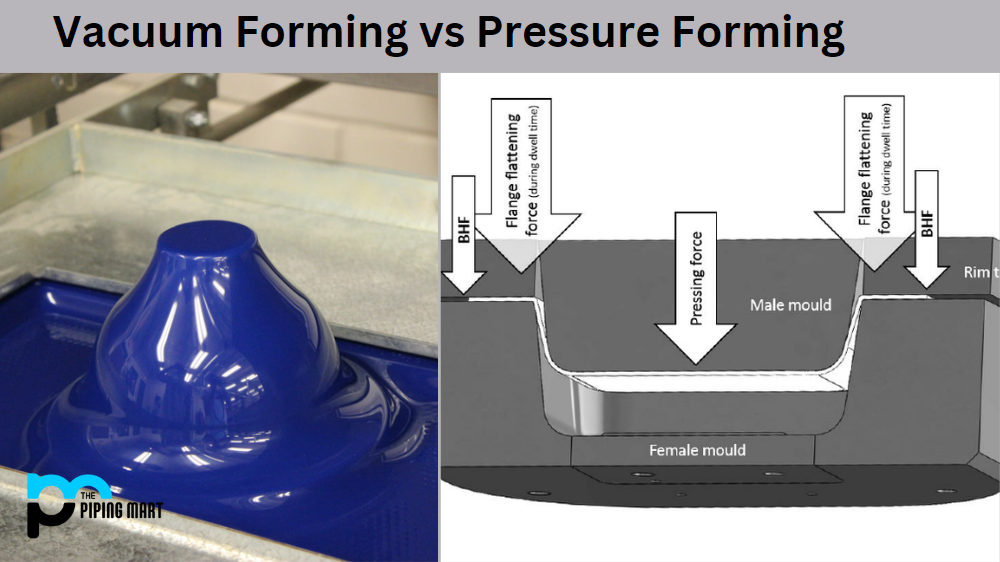People have fixed impressions about everything in their minds. While selecting fasteners, people won’t see the specific types and their uses, but just go with the most common one. In this case, aluminum hex nuts.
For general usage, any fastener would work perfectly fine, but for special uses, the process of selection has to be different and more minute.
One such special use of fasteners is in acidic environments. In acidic environments, regular metals get damaged very easily. For this to not happen, you will have to find a metal that does not get damaged from that respective acid. Let’s take the example of sulfuric acid. If you going to be working with sulfuric acid, these are the points you should keep in mind to select the appropriate fastener material:
The Temperature
A Small change in temperature can also affect the corrosion rate of sulfuric acid majorly. This is why the temperature has to be taken in account while selecting the fastener for sulfuric acid. Once you are aware of the temperature at which the sulfuric acid is going to be there, it becomes easier to select the material of the fastener. Fasteners like titanium socket set screws are the most preferable fasteners to work with sulfuric acid.
The Concentration of the Acid
The Concentration of the acid has to be taken into account while selecting the fastener for it. Sulfuric acid, when concentrated at more than 99%, is less corrosive. This implies that most of the fastener types can be used if it is concentrated at a percentage more than 99%. Whereas, at lower concentrations, it is more corrosive and gives out more heat.
The Mechanical Requirements
The mechanical requirements of the fastener should also be considered. If you only focus on the fact that the fasteners are going to be used in acid, and not the fact that they will be carrying heavy loads as well, you will end up choosing weaker fasteners which will not last long and end up breaking, despite being compatible with acids.

Pipingmart is B2B portal specializes in industrial, metal and piping products. Also, share latest information and news related to products, materials and different types grades to help business dealing in this industry.




